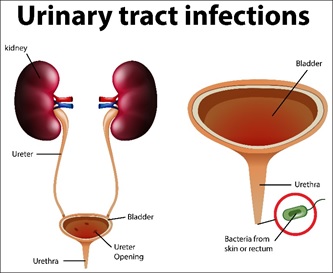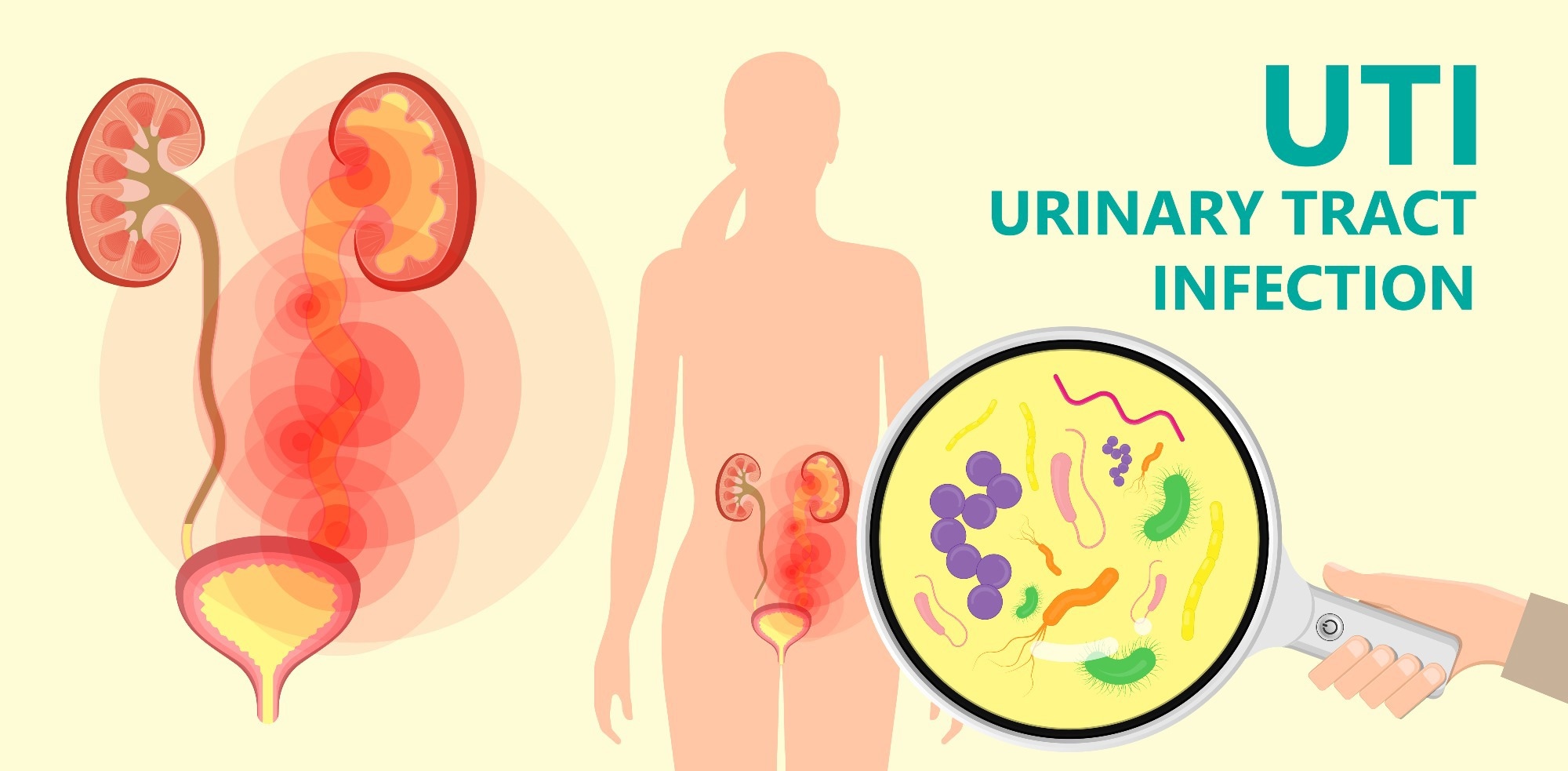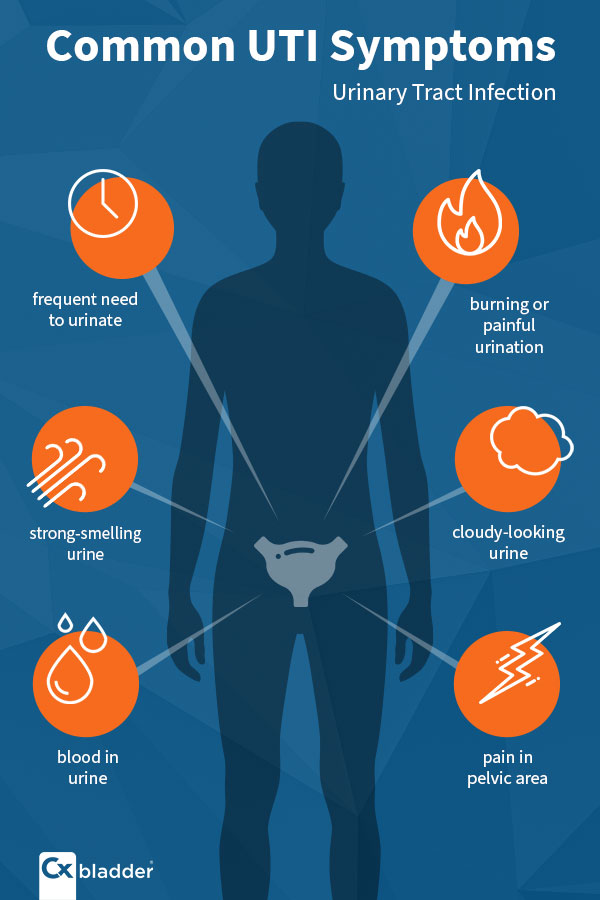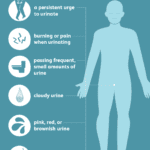
What is a Urinary Tract Infection (UTI)?
A urinary tract infection (UTI) is a common infection that affects the urinary system, which includes the kidneys, bladder, ureters, and urethra. It occurs when bacteria, usually from the digestive tract, enter the urethra and multiply in the urinary tract.
Definition and Common Symptoms of UTI
UTIs can cause a range of symptoms, including a frequent and strong urge to urinate, a burning sensation during urination, cloudy or strong-smelling urine, pelvic pain in women, and rectal pain in men. These symptoms can vary in severity and can be uncomfortable and disruptive to daily life.
Causes and Risk Factors of UTI
The most common cause of UTIs is the bacteria Escherichia coli (E. coli), which is naturally found in the digestive system. However, other bacteria, such as Klebsiella, Proteus, and Staphylococcus, can also cause UTIs. Risk factors for developing a UTI include:
- Gender: UTIs are more common in women than in men due to the shorter length of the female urethra, which allows bacteria to reach the bladder more easily.
- Sexual activity: Sexual intercourse can introduce bacteria into the urinary tract.
- Urinary tract abnormalities: Structural problems in the urinary system, such as kidney stones or an enlarged prostate, can increase the risk of UTIs.
- Weak immune system: Health conditions such as diabetes, HIV/AIDS, and certain medications that weaken the immune system can make individuals more susceptible to UTIs.
By understanding the definition, symptoms, causes, and risk factors of UTIs, individuals can better protect themselves and take preventive measures to minimize the occurrence of these infections.

Tips for Preventing Urinary Tract Infections
1. Hygiene Practices
When it comes to preventing urinary tract infections (UTIs), practicing good hygiene is essential. Here are some tips to follow:
- Wipe from front to back: After using the toilet, always wipe from front to back to prevent bacteria from the anal area from spreading to the urethra.
- Clean genitals before and after sexual activity: Washing the genital area before and after sexual activity helps to remove bacteria that could potentially enter the urethra.
- Stay clean and dry: Keep the genital area clean and dry to create an environment that is less favorable for bacterial growth.
2. Proper Fluid Intake
Drinking enough fluids is important for preventing urinary tract infections. Here are some guidelines to help maintain proper fluid intake:
- Stay hydrated: Aim to drink plenty of water throughout the day to stay hydrated. This helps flush out bacteria from the urinary tract.
- Avoid irritants: Limit or avoid caffeine, alcohol, and carbonated drinks, as they can irritate the bladder and increase the risk of infection.
- Urinate regularly: Do not hold in urine for long periods. Emptying your bladder regularly helps to flush out any potential bacteria.
By following these tips, you can significantly reduce the risk of developing urinary tract infections. Remember, if you experience any symptoms such as frequent urination, a burning sensation during urination, or cloudy urine, it is important to seek medical attention for accurate diagnosis and treatment.

Dietary Strategies for UTI Prevention
1. Cranberry Juice and Supplements
Cranberry juice and supplements have long been recommended as a natural remedy for urinary tract infections (UTIs). They contain compounds that prevent bacteria, primarily E. coli, from sticking to the walls of the urinary tract. Regular consumption of cranberry juice or supplements can help reduce the risk of UTIs, especially for individuals prone to recurrent infections.
2. Foods to Include in the Diet for UTI Prevention
In addition to cranberry juice, there are several other foods that can support urinary tract health and help prevent UTIs.
- Blueberries: Like cranberries, blueberries contain compounds that inhibit bacterial adhesion.
- Probiotics: Consuming probiotic-rich foods such as yogurt, kefir, and sauerkraut can help maintain a healthy balance of bacteria in the urinary tract, reducing the risk of UTIs.
- Water: Staying hydrated is crucial for preventing UTIs. Drinking plenty of water helps flush bacteria out of the urinary tract.
- Garlic: Garlic has antimicrobial properties that can help prevent UTIs. Incorporating garlic into meals can provide added protection against infections.
- Vitamin C: Foods rich in vitamin C, such as citrus fruits, bell peppers, and kiwi, can help acidify the urine, making the environment less hospitable to bacteria.
By including these foods in the diet and staying properly hydrated, individuals can take proactive steps to prevent UTIs and promote urinary tract health. However, it’s important to note that dietary strategies should complement, not replace, medical advice and treatment for UTIs.

Lifestyle Changes to Reduce the Risk of UTIs
1. Urinating Regularly and Completely
One of the key lifestyle changes that can help reduce the risk of urinary tract infections (UTIs) is to make sure you urinate regularly and completely. This helps to flush out any bacteria that may be present in the urinary system. Holding in urine for prolonged periods of time can allow bacteria to multiply, increasing the chances of an infection. It is important to listen to your body’s signals and use the restroom when you feel the need to go. Additionally, make sure to empty your bladder fully to ensure that no urine is left behind, as this can also contribute to the growth of bacteria.
2. Wiping Technique and Clothing Choices
Another important lifestyle change to prevent UTIs is to maintain good hygiene practices. When using the restroom, it is essential to wipe from front to back to avoid spreading bacteria from the anal area to the urinary tract. This can help prevent the entry of bacteria into the urethra. Additionally, wearing loose-fitting, breathable clothing can help promote air circulation and reduce moisture around the genital area, creating an environment less conducive for bacterial growth.
By implementing these simple lifestyle changes, you can significantly reduce the risk of developing urinary tract infections. However, it is important to note that these changes are not a substitute for medical advice. If you suspect that you have a UTI or are experiencing any symptoms, it is best to consult with a healthcare professional for proper diagnosis and treatment.

When to Seek Medical Help
If you experience the signs and symptoms of a urinary tract infection (UTI), it’s important to seek medical help to prevent any potential complications. UTIs are common, especially in women, and can be easily treated if detected early.
Signs and Symptoms that Indicate Medical Attention
If you notice any of the following signs and symptoms, it’s crucial to consult a healthcare professional:
- Persistent or intense pain: If you experience severe pain in your lower abdomen, groin, or back, it could indicate a UTI that requires medical attention.
- Burning sensation during urination: A burning or stinging sensation while urinating is a classic symptom of a UTI and should not be ignored.
- Frequent urge to urinate: Feeling the need to urinate more frequently than usual, even when little urine is produced, could be a sign of a UTI.
Potential Complications of Untreated UTIs
If left untreated, UTIs can lead to more serious complications, such as:
- Kidney infection: The infection can spread from the bladder to the kidneys, causing a more severe infection that may require hospitalization.
- Sepsis: In rare cases, the bacteria from a UTI can enter the bloodstream and cause a life-threatening condition called sepsis.
It’s important to remember that each individual may experience different symptoms, and it’s always better to be safe and seek medical help if you suspect a UTI. Early detection and treatment can help prevent complications and ensure a speedy recovery.









